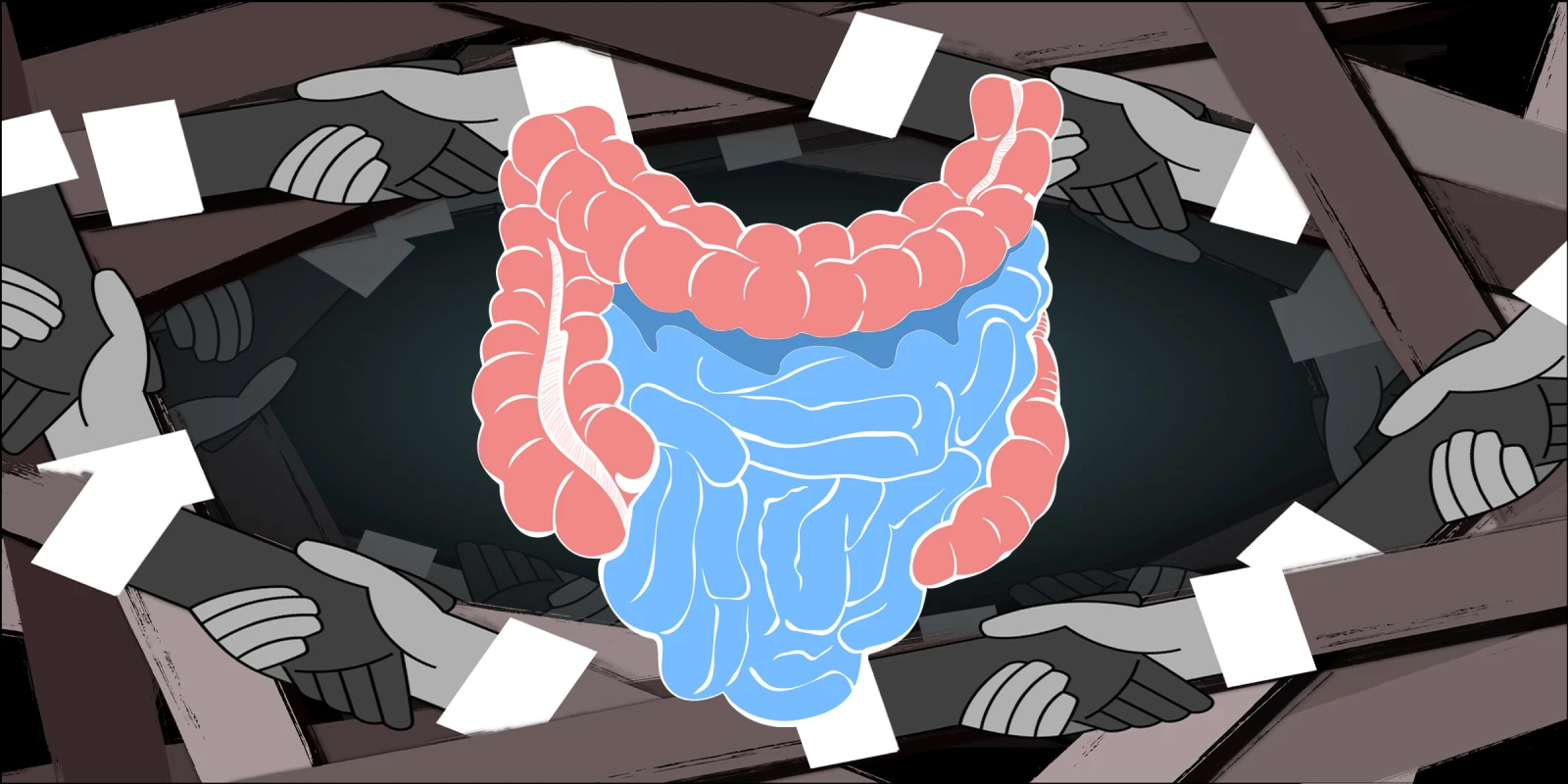DDW is one of the most prestigious and largest conferences in the field of gastroenterology. It offers a biggest platform for learning about the latest research and treatment options in the field of gastroenterology from some of the top experts in the field. Attending a DDW has always been a transformative experience.
As I wrap up DDW this year held at McCormick’s place in Chicago, and on the flight back home to Kansas City, I tried to reflect on the major themes at the conference. I could not ignore the fact that Artificial intelligence (AI) and its latest iteration- large language model, aka ChatGPT, dominated the conference not only as a theme of multiple sessions but also among the minds of most of the attendees.
Artificial intelligence (AI) is rapidly transforming the healthcare industry, and gastroenterology is no exception. AI is already being used in gastroenterology clinical practice to analyze endoscopic images and identify potential abnormalities, such as polyps or tumors, leading to improved quality and outcomes.
This year multiple scientific sessions were dedicated to the field of AI where researchers from all over the world presented their latest research showing how AI can benefit gastroenterologists and patients in improving the quality, enhance accuracy, improve patient safety, ensure timeliness of diagnosis, predict response to medications (help in individualizing medicine), improve the workflow before and after endoscopy, and finally decrease healthcare costs. There were also panel discussions on the implications of AI where the thought leaders, and researchers explored the potential risks and benefits of AI.
I also had the opportunity to speak with several of the presenters and it was fascinating to see the diverse range of projects and approaches being taken in the field, and it left me feeling inspired and energized. Most of the attendees at DDW I talked to are excited about the promise it holds in revolutionizing the field of Gastroenterology by enabling more accurate diagnoses, improving patient outcomes, and reducing healthcare costs. At the same time, most gastroenterologists also shared the concerns about its reliability and accuracy; privacy and security of patients' data; need for regulatory oversight; its potential in dehumanizing medicine and eventually replacing the human doctor in some form or the other.
Most of the gastroenterologists are still trying to understand how AI or ChatGPT, will affect their professional life, but they all accept the fact that AI is here to stay and there is no way now to stop the revolution. It’s best to adapt and use it to our advantage.
Overall, the conference was a truly enriching experience that broadened my knowledge and perspectives on not only everything GI but also AI and machine learning. I came away with a deeper appreciation for the potential of AI to transform the field of gastroenterology and practice of medicine in general, as well as a greater awareness of the ethical implications and challenges that must be addressed in its development and deployment.
I am sure AI will continue to dominate the GI conferences in the coming years, as it continues to evolve and become more integrated in various aspects of gastroenterology.
Dr. Chhabra has no conflicts of interest to report.
Illustration by April Brust







